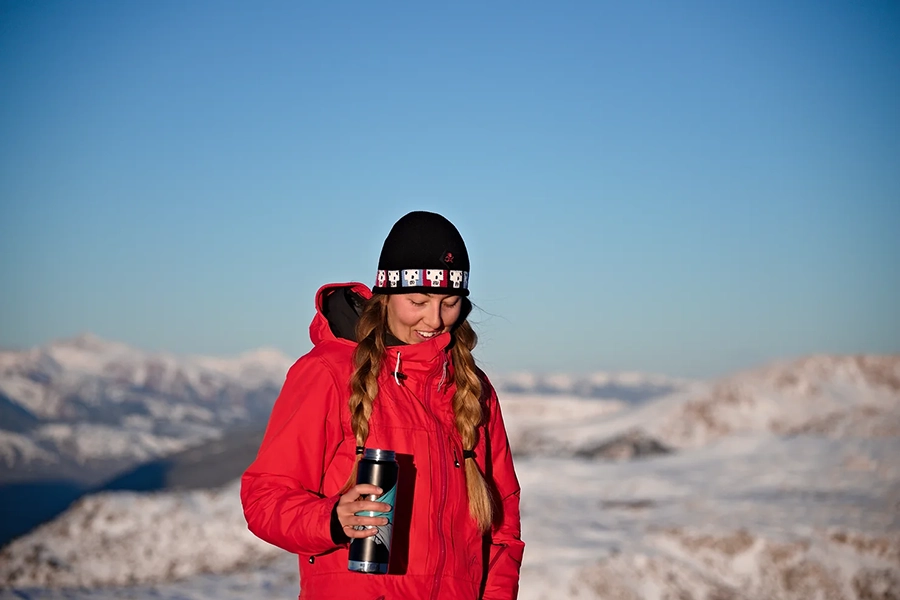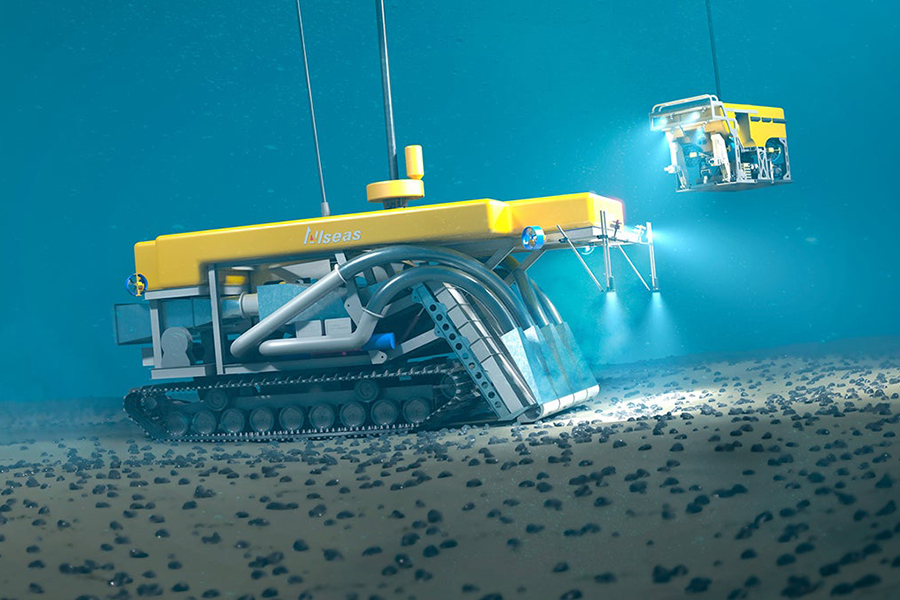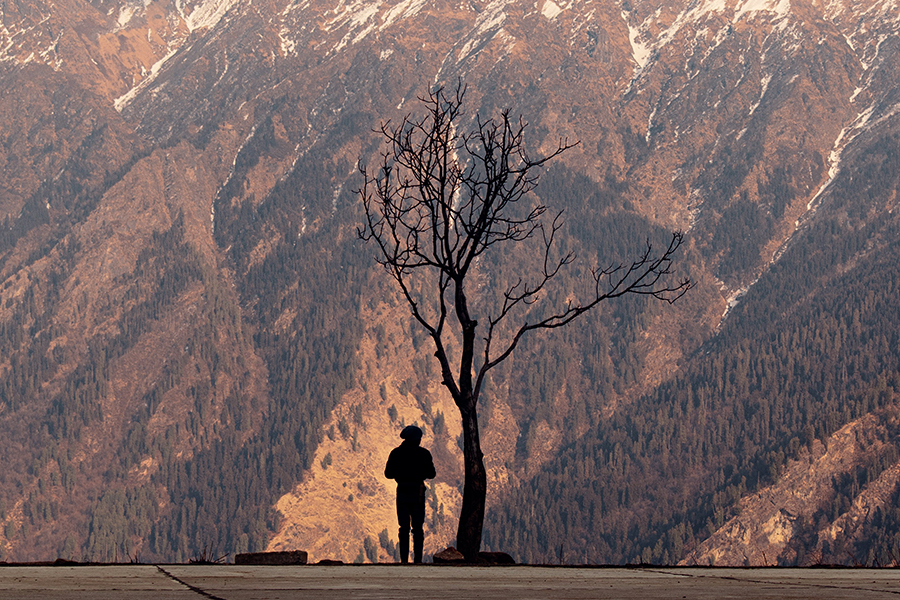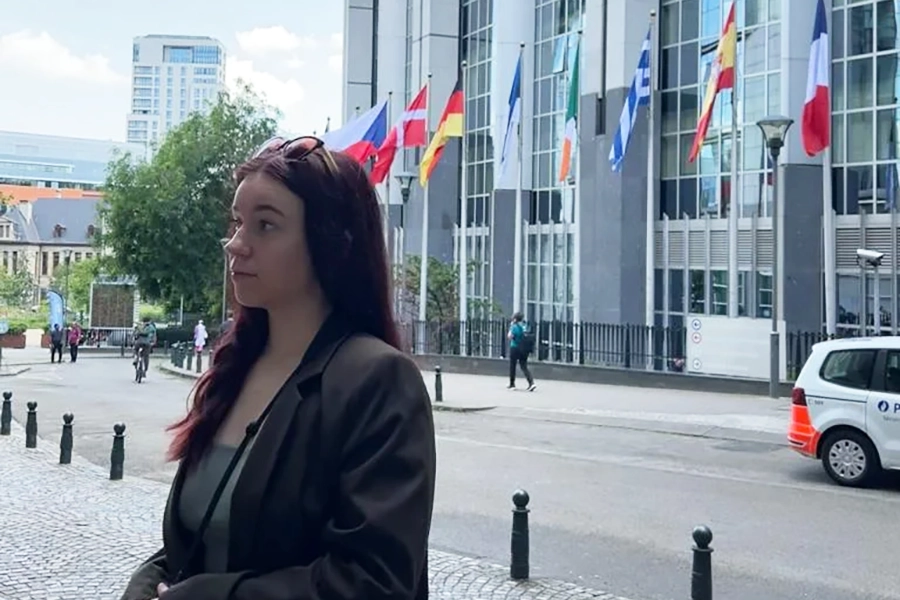Anna Kate Belinkski has been a passionate environmentalist and outdoor recreation enthusiast since a young age. Growing up in Aspen, Colorado, she spent much of her life exploring the outdoors and championing its value and necessary conservation. Anna is most passionate, though, about human-nature relationships and intersectional environmentalism as a social justice movement. For International Women’s Day 2022 she shares her thoughts on the importance of intergenerational knowledge sharing between women.
I recently learned of an application for a leadership position with the first question: who is your grandma? I loved how they were encouraging their applicants to consider beyond our 21st century, fast-paced realities and timescales. With instant notifications, direct messaging, short-term financial investments, immediate gratification, and the like, our focuses have been drawn inward, and our ability to solve a global-scale ecological crisis, massively challenged. With a modern mindset, solving this problem may be impossible, but I believe that with genuine efforts to shift from capitalist, hierarchical and patriarchal systems toward those of community, reciprocity, and value of the feminine, we can get there.
Climate change and ecological destruction are inherently slow-moving beasts that take the course of multiple generations. As new generations grow, we adjust to our normal, not that of our grandparents. We have begun to call this shifting baseline syndrome—and consequently, major climatic shifts go ignored by the public, primarily making themselves known in databases. Shifting baseline syndrome is especially destructive for cultures that disregard the value of intergenerational wisdom and knowledge sharing.
However, with the use of solution-driven practices that are thought of as on behalf of generations to come, the challenges of shifting baselines will wane and problems that seem too big for one generation to solve become manageable. There is, of course, concern of putting problems we’ve created on later, innocent generations; but we should acknowledge that the scale of the issue is one that will take multiple generations to solve. Which means we may be most successful thinking about solutions in an intergenerational mindset.
Women provide a particularly valuable voice in the climate movement with respect to intergenerational knowledge sharing. They hold the unique role in many species as givers of life, community builders, caretakers, and nurturers. In the tradition of the Diné people, land and rights are passed matrilineally under principles referred to as Yoołgaii Asdzáán Bi Beehazáanii. These principles acknowledge a woman’s position encompassing life, leading a household, providing and caring for, and leading in prayer and spirituality. It is said, too, in many coastal tribes that women are uniquely connected to water, as givers of life, which suggests how the knowledge that women share can flow through generations.
Women are builders of community, and with this core tendency approach problems with unique perspectives, upholding uniquely feminine principles of wisdom. Increasing feminine influence and representation is not effectively done by teaching women to act like men, or by learning effective tactics suited only to profit from today’s world. Patriarchal and androcentric systems are the forces that have driven this environmental crisis.
Perhaps listening to the wisdom of the feminine perspective and recognizing its inherent value and strength is one of the most powerful tools we have to enact change. Acting first from the intergenerational teachings of the feminine will put our communities, relationships, and our humanness at the center of climate solutions. It is not a fight we are in, it’s an embrace of the planet, and to reach that reconciliation we must be guided by the nurturing, relational, intergenerational wisdom of the feminine. As two inspirational female polar ambassadors, Hilde Fålun Strøm and Sunniva Sorby have said, “Mother Nature needs her daughters.”





